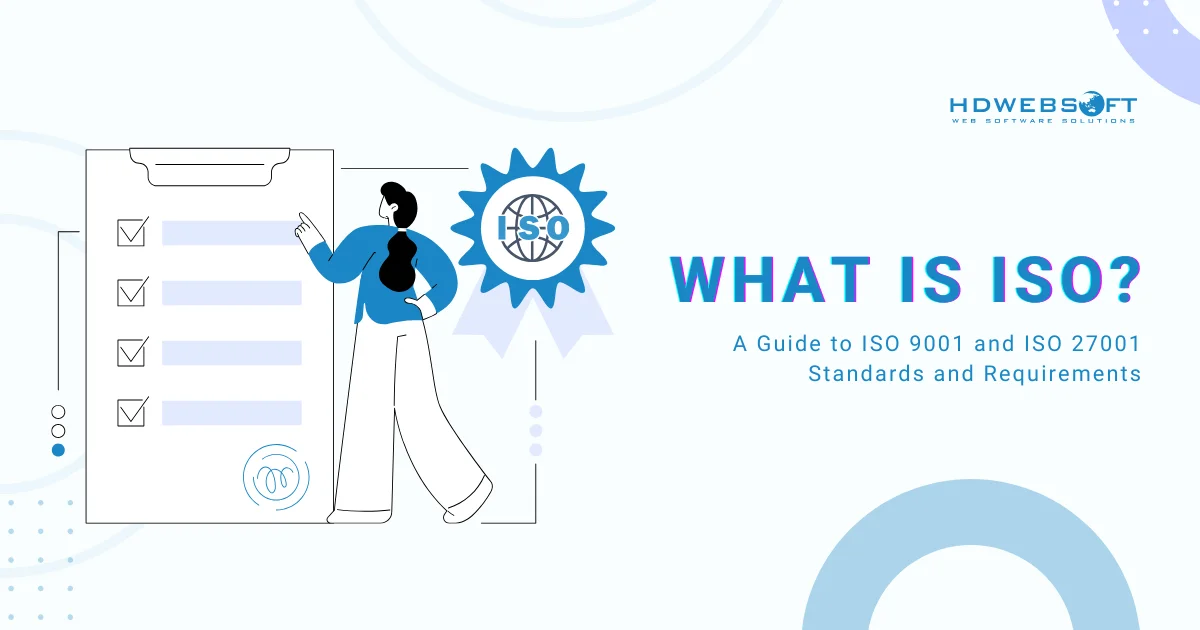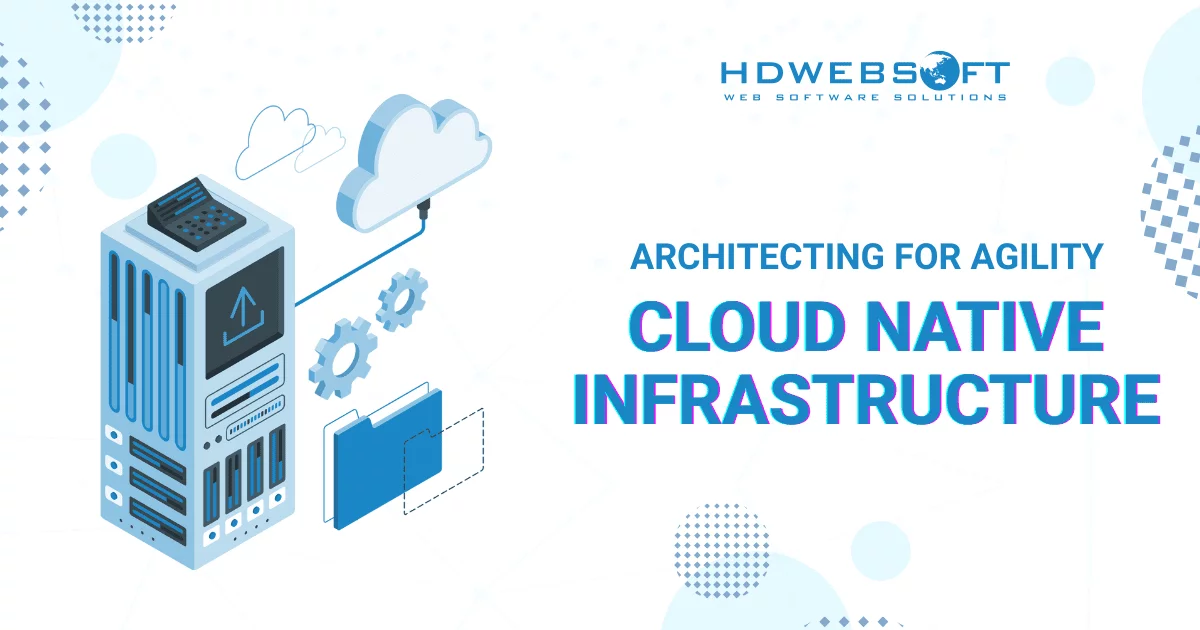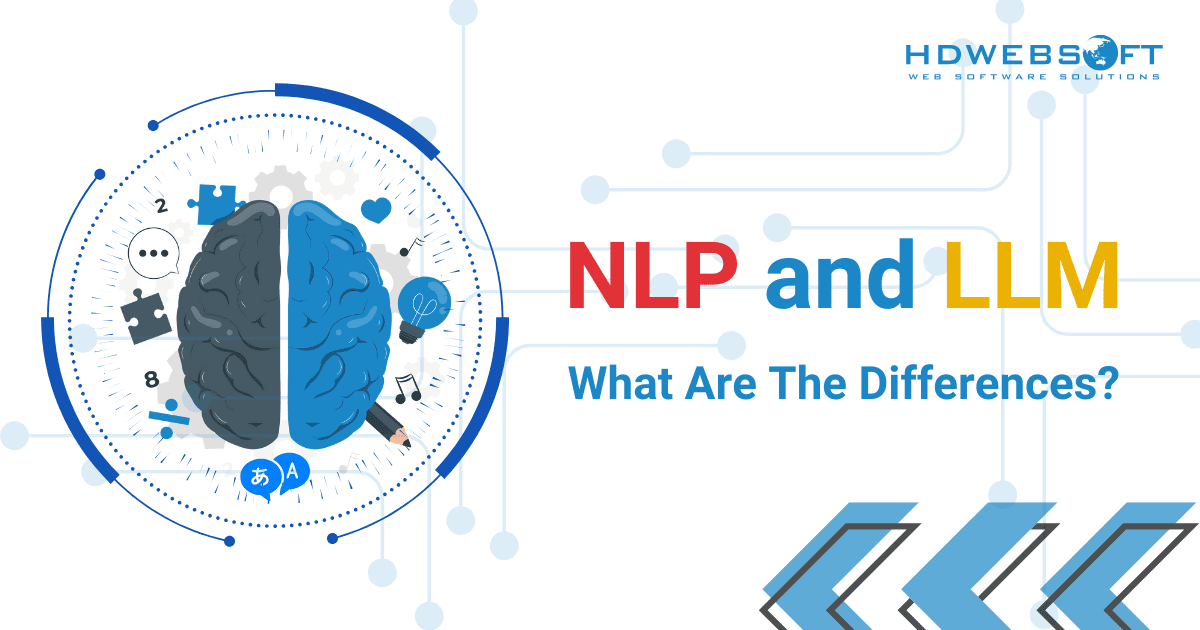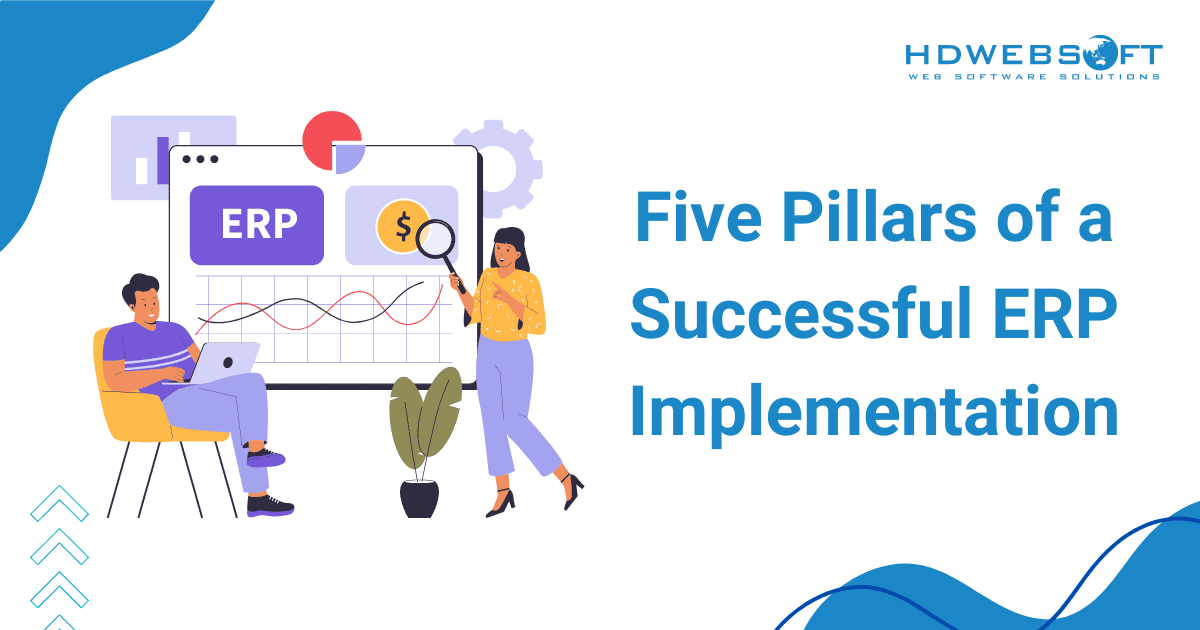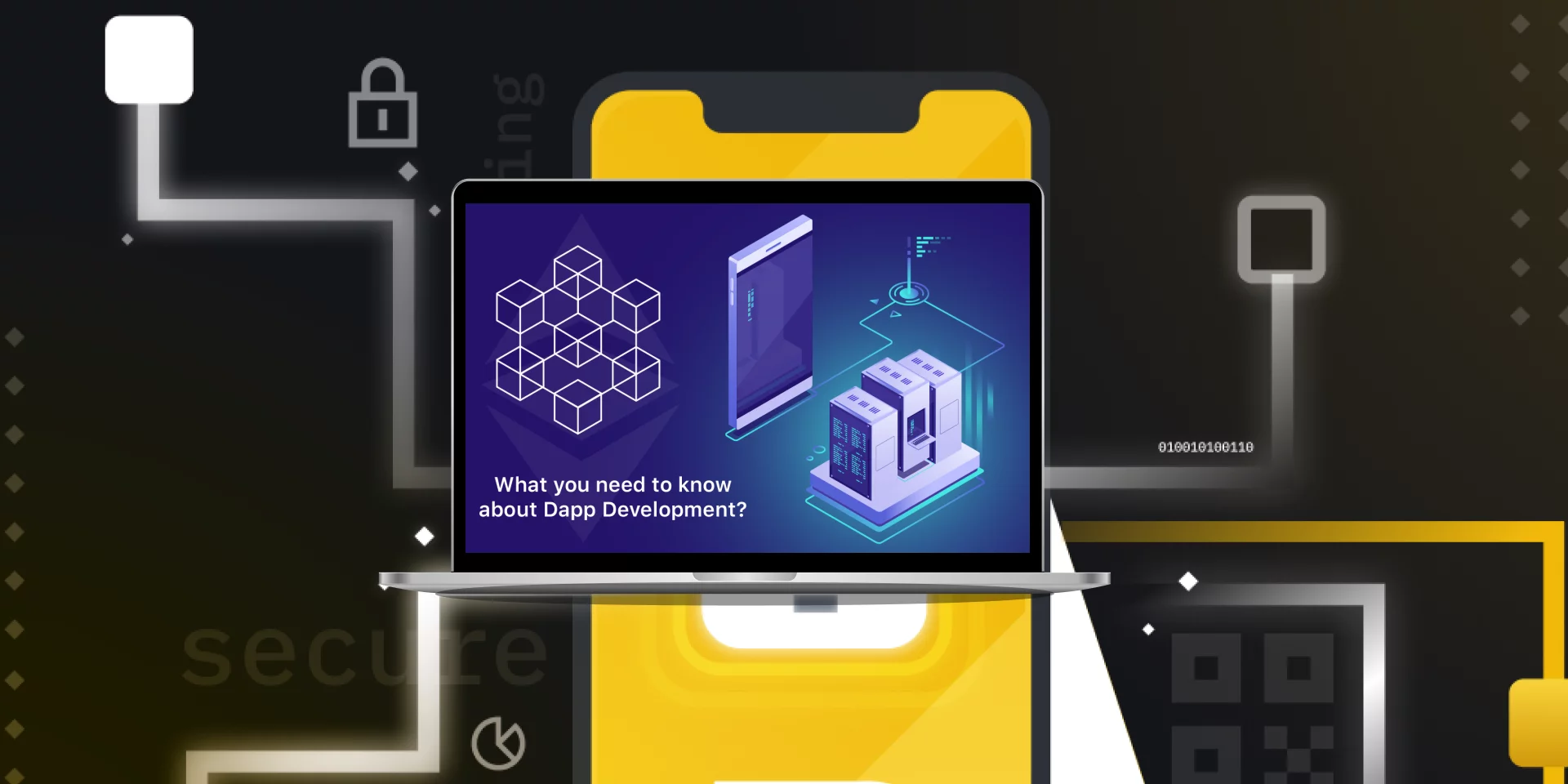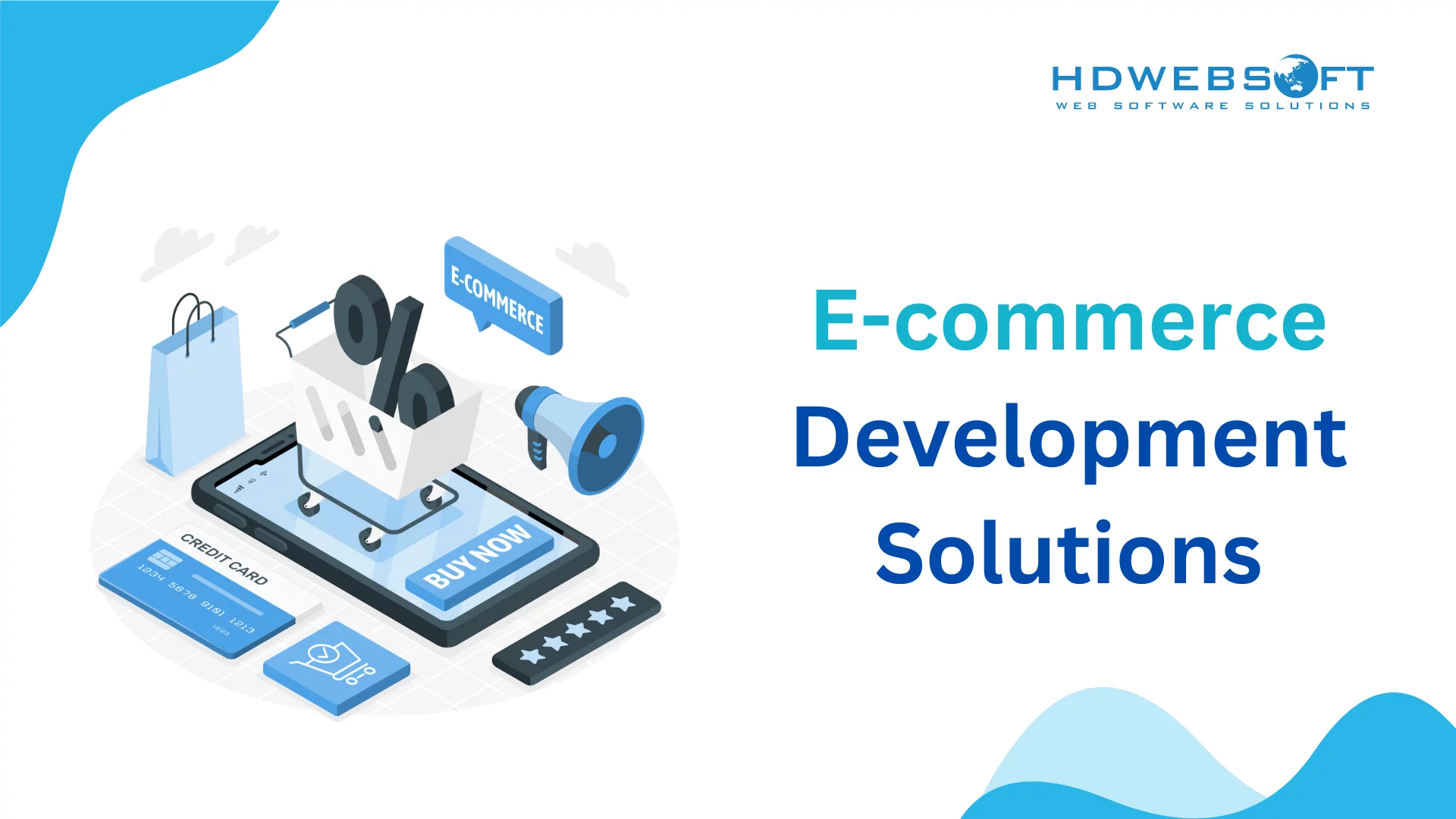
Traditional vs. Modern Ecommerce Development Solutions in Digital Age
The inexorable rise of e-commerce has fundamentally reshaped the retail landscape, making online storefronts an indispensable tool for modern businesses. Choosing the right platform for your e-commerce venture, however, can be a complex decision, particularly when navigating the distinct features and considerations of traditional platforms and modern ecommerce development solutions.
This blog delves into the strengths and limitations of each approach, drawing from academic insights to guide your decision-making process.
Traditional Ecommerce Platforms
The advantages of traditional e-commerce platforms
Traditional e-commerce platforms offer flexibility and unlimited development. These solutions are custom-built to address the specific needs and goals of an individual business, often utilizing content management systems (CMS) like Magento, WooCommerce, OpenCart, and PrestaShop. These platforms are particularly attractive for businesses with technical expertise due to:
- Extensive Customization is Needed: If your business requires extensive customization to meet specific requirements or unique branding, traditional ecommerce platforms often provide robust customization options. They allow businesses to tailor their online stores to their exact specifications, ensuring a seamless brand experience for customers.
- Agility and Flexibility: One of the key advantages of traditional ecommerce platforms is their agility and flexibility. These platforms can adapt quickly to changing market trends, consumer behaviors, or whatever business needs. Businesses can implement new features, scale their operations, and experiment with different strategies to stay competitive in the dynamic ecommerce landscape.
- Stability and Reliability: If your business prioritizes stability and reliability, particularly for mission-critical operations, traditional ecommerce platforms may be the right choice. These platforms have been tested and proven over time, offering a dependable solution for businesses with established processes and requirements.
- Familiarity and ease of use: This may be an advantage if your development team is already familiar with traditional ecommerce platforms. Additionally, if you prefer a solution that requires minimal training and onboarding, traditional platforms could be a better choice. Their familiar interfaces and workflows can streamline development and adoption processes.
The limitations of traditional e-commerce platforms
While traditional platforms offer undeniable advantages for specific business needs, their limitations cannot be ignored. One major drawback lies in their control and maintenance. Furthermore, traditional platforms may struggle to adapt to rapidly evolving trends in e-commerce, particularly with regard to:
- Complex Customizations: Implementing complex customizations on traditional platforms can be time-consuming, expensive, and difficult to control or maintain. They require specialized expertise and resources to be able to manage ongoing updates, ensure compatibility, and handle potential performance issues.
- Scalability limitations: As businesses grow, their needs evolve. Traditional platforms may struggle to accommodate significant increases in traffic, product offerings, or complex functionalities, requiring costly upgrades or migrations.
- Difficulty in constant updates: Staying current with evolving technologies and trends demands ongoing effort and resources.
- Learning Curve: Implementation and management may require technical expertise and training.
Explore in detail about E-commerce: Ecommerce Software Development Company | Services | Solutions
Modern Ecommerce Development Solutions
The advantages of modern ecommerce development solutions
Modern e-commerce development solutions offer a compelling alternative to traditional platforms, prioritizing scalability and a future-proof approach. This accessibility is attributed to their pre-built functionalities, which often leverage cutting-edge technologies like microservices, APIs, and cloud computing. Some popular platforms include Shopify, BigCommerce, Wix, and Tiktok Shop. This approach unlocks a multitude of benefits:
- Scalability: Modern ecommerce development solutions are built to scale, allowing businesses to accommodate growth and handle increased traffic and transactions. Whether it’s expanding into new markets, adding new products, or handling peak demand periods, these solutions provide the infrastructure and resources needed to support business growth without compromising performance or user experience.
- Comprehensive feature sets: Modern ecommerce development solutions typically come equipped with essential functionalities such as product management, secure payment gateways, and basic marketing tools, eliminating the need for extensive third-party integrations.
- Innovation and Differentiation: With modern ecommerce development solutions, businesses have access to cutting-edge technologies and tools that enable innovation and differentiation. From AI-powered personalization to immersive shopping experiences, these solutions empower businesses to create unique and compelling experiences that set them apart from competitors and resonate with consumers.
- Manage development time and ease of use: Pre-built features and user-friendly interfaces enable businesses to establish online stores quickly and effectively.
- Readily available support: Due to their widespread adoption, modern ecommerce development solutions also benefit from a large pool of experienced developers and designers from Third-party providers, facilitating access to support and troubleshooting resources.
Find out more: Shopify Development Company | Services
The limitations modern ecommerce development solutions
These platforms often impose limitations on how a business can tailor the look, feel, and functionality of its online store:
- Dependency on Third-Party Providers: Relying on external services introduces risks of disruptions and limitations.
- Security Concerns: Handling sensitive data requires stringent security measures to prevent breaches.
Choosing the Right Path: A Matter of Business Needs and Vision
The rise of e-commerce has revolutionized how businesses operate and consumers shop. Selecting the right approach necessitates careful consideration of several key factors:
Business Needs and Goals
- Target Market: Is your target audience geographically concentrated or spread across a broader region?
- Product Complexity: Do you offer simple or highly customizable products?
- Growth Potential: Anticipate future growth. Traditional platforms might limit scalability, whereas development solutions offer more control and customization for expansion. Businesses can leverage tools like a free video generator to create engaging multimedia content, enhancing their online presence and customer engagement.
- Budget Constraints: Consider upfront costs, recurring fees, and ongoing maintenance expenses associated with both options.
Technical Expertise and Resources
- Internal Development Team: Do you have the in-house technical expertise to build and maintain a custom e-commerce platform?
- Integration Needs: Does your business require integration with existing systems like CRM or ERP? Development solutions offer greater flexibility for integrations.
- Ongoing Support: Evaluate your need for ongoing technical support and consider the availability and cost of support offered by both platforms and development teams.
User Experience and Design
- Customization: How important is a unique and tailored user experience for your brand? Traditional development offers flexibility and dynamics over design and functionality but is hard to control and maintain, while modern development solutions is easy to use but may have limitations.
- Mobile Optimization: Is mobile responsiveness crucial for your target audience? Ensure both platforms and development solutions prioritize mobile optimization.
- Marketing and Analytics: Consider the availability of marketing tools and built-in analytics features offered by platforms or the need to integrate separate solutions if developing your own platform.
Security and Compliance
- Data Security: Evaluate the platform’s security measures and compliance with relevant data protection regulations. Development solutions require careful attention to data security implementation.
- Payment Processing: Ensure the traditional development or modern development solution integrates with secure and reliable payment processing gateways.
Future-proofing
- Scalability: Choose a solution that can accommodate future growth in traffic and sales volume.
- Flexibility: Consider the potential need for future customization and feature additions.
The optimal platform for your e-commerce venture hinges on a comprehensive understanding of your business needs and long-term vision. While modern development solutions may be suitable for businesses prioritizing scalability, speed, and minimal technical expertise, they might not be ideal for those seeking greater customization and a unique brand experience.
Traditional ecommerce platforms unlock a wider range of possibilities, particularly for businesses envisioning a dynamic, customization, and customer-centric online presence. However, they require a higher upfront investment, development expertise, and a longer implementation timeframe.
Conclusion: A Strategic Decision for E-commerce Success
The choice between traditional platforms and modern development solutions is a strategic decision with far-reaching implications for the success of your e-commerce business. Carefully evaluate your budget, technical capabilities, and long-term goals to make an informed choice.
Ultimately, the choice between traditional ecommerce platforms and modern ecommerce development solutions depends on your business’s specific needs, priorities, and capabilities. By carefully evaluating these factors and considering the pros and cons of each approach, you can choose the ecommerce solution that aligns with your goals and objectives, ultimately driving growth and success in the digital marketplace.
Gain a deeper understanding: Modern Technologies for Software Development






